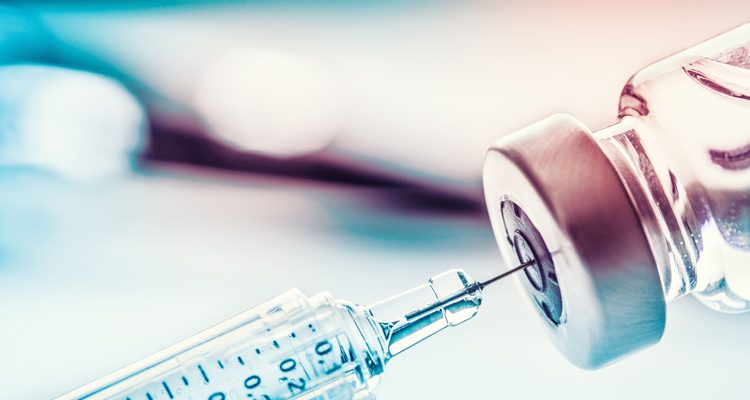Sao Paolo: Brazil’s National Health Surveillance Agency (ANVISA) said Wednesday that a volunteer in a clinical trial of the COVID-19 vaccine/ The COVID-19 vaccine is being developed by AstraZeneca and Oxford University and is currently in the Phase-III stage of trials. AstraZeneca however said that despite the volunteer’s death the trials would continue.
It was not immediately clear whether the volunteer had received the vaccine or the placebo. ‘CNN Brasil’ reported that the volunteer was a 28-year-old man. He lived in Rio de Janeiro and died from COVID-19 complications. Brazil’s drug regulator also said testing of the vaccine would continue. It did not provide details about the volunteer’s death, citing medical confidentiality of those involved in trials.
Oxford also confirmed it would keep testing. “Following careful assessment of this case in Brazil, there have been no concerns about safety of the clinical trial. The independent review in addition to the Brazilian regulator has recommended that the trial should continue,” the British university said in a statement.
The Federal University of Sao Paulo is helping coordinate Phase-III clinical trials of the vaccine in Brazil. It also confirmed the news of the volunteer’s death.
Also read: Young, healthy people unlikely to get COVID-19 vaccine till 2022: WHO
The Brazilian government already has plans to purchase the vaccine and produce it at its biomedical research centre Fiocruz in Rio de Janeiro. A competing vaccine from China’s Sinovac is being tested by Sao Paulo state’s research centre, the ‘Butantan Institute’.
More than 155,000 people in Brazil have died from COVID-19, the second highest death toll in the world after the United States. Brazil has diagnosed nearly 5.3 million cases of the virus, the third highest in the world after the US and India.
The US has suspended trials of the vaccine from AstraZeneca, which is based in the United Kingdom. It happened after a patient in the UK trial reported serious illness, pending a review from the US Food and Drug Administration (FDA).
